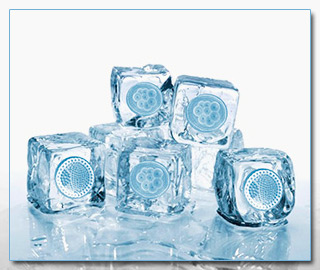Embryo Cryopreservation

Cryopreservation of embryos is the process of preserving an embryo at sub-zero temperatures, generally at an embryogenesis stage corresponding to pre-implantation, that is, from fertilisation to the blastocyst stage. Cryopreservation of the embryos is an important component of routine assisted reproductive programs (IVF). Cryopreservation of surplus embryos increases the opportunity for patients to conceive and improves the cumulative pregnancy rates. Efficient embryo cryopreservation has several advantages.
It helps to reduce costs and increases cumulative pregnancy rates. It can also help in cases of cancelled ET during fresh cycles due to ovarian hyperstimulation syndrome, or difficult ET. Embryo cryopreservation is useful for leftover embryos after a cycle of in vitro fertilisation, as patients who fail to conceive may become pregnant using such embryos without having to go through a full IVF cycle. Or, if pregnancy occurred, they could return later for another pregnancy. Spare oocytes or embryos resulting from fertility treatments may be used for oocyte donation or embryo donation to another woman or couple, and embryos may be created, frozen and stored specifically for transfer and donation by using donor eggs and sperm.
